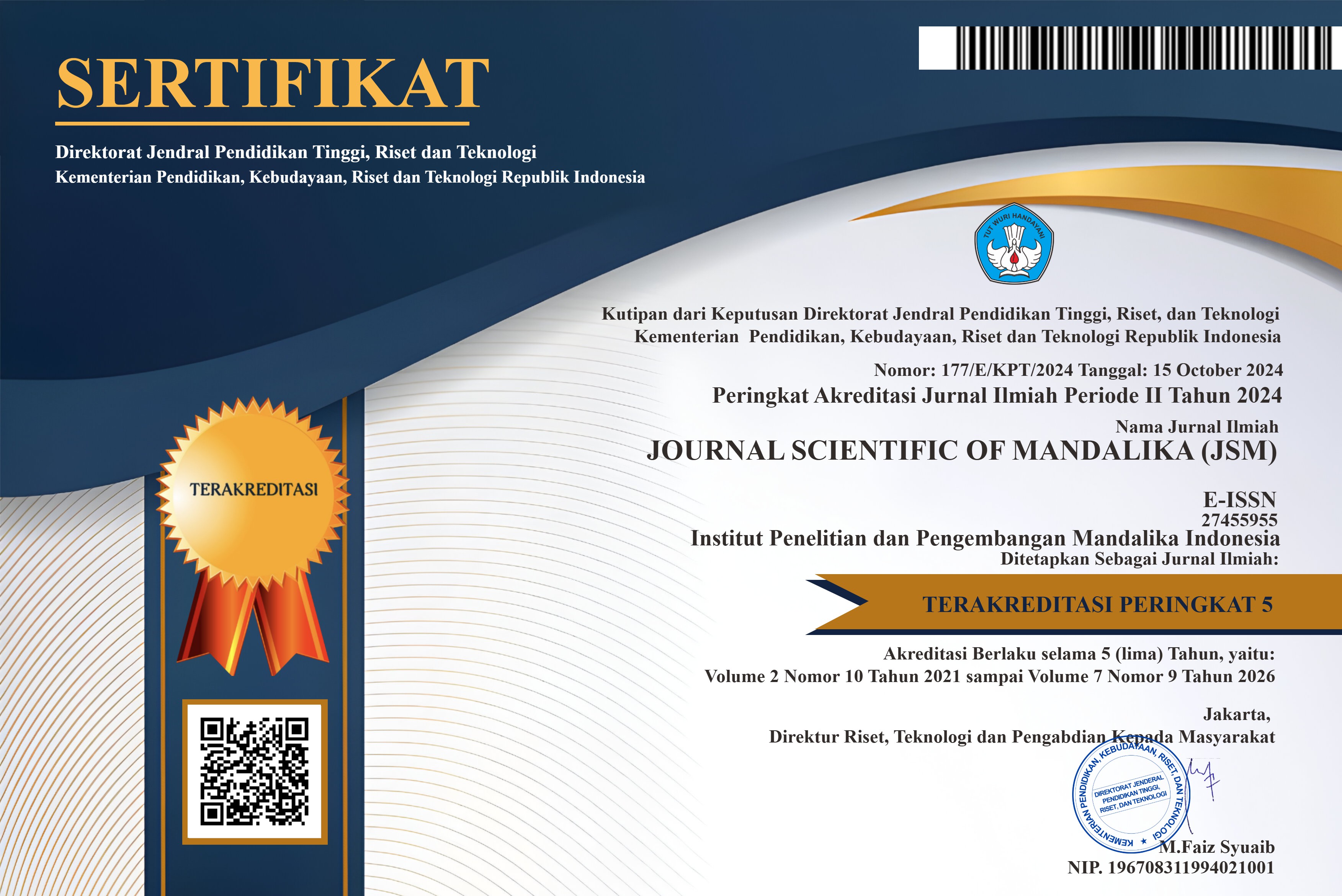Restorative Justice dalam Kasus Korupsi: Pro dan Kontra
Abstract
This study analyzes the application of Restorative Justice (RJ) in corruption crimes in Indonesia based on Supreme Court Regulation (Perma) Number 1 of 2020 and Articles 2 and 3 of the Anti-Corruption Law (UU Tipikor). The research employs a normative juridical approach, utilizing legal analysis, literature review, and comparative studies of RJ implementation in other countries. The theoretical framework includes restorative justice theory, retributive justice theory, and the principle of extraordinary crime in corruption law. The findings indicate that applying RJ in corruption cases may contradict the retributive justice principle, which demands strict punishment for offenders. While RJ focuses on recovery and reconciliation, in corruption cases, this approach may weaken deterrence and create loopholes for impunity, especially for public officials. However, RJ can still be selectively applied to cases involving minor state losses and offenders who demonstrate good faith before legal proceedings. To ensure effectiveness, strict supervision, transparency, and stronger bureaucratic reforms are necessary. The use of technology and inter-agency collaboration is crucial in preventing the misuse of RJ and strengthening Indonesia’s anti-corruption efforts.
Copyright (c) 2025 Roxelina Yang, Armunanto Hutahean, Tatok Sudjiarto

This work is licensed under a Creative Commons Attribution-ShareAlike 4.0 International License.













